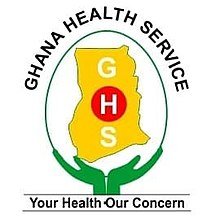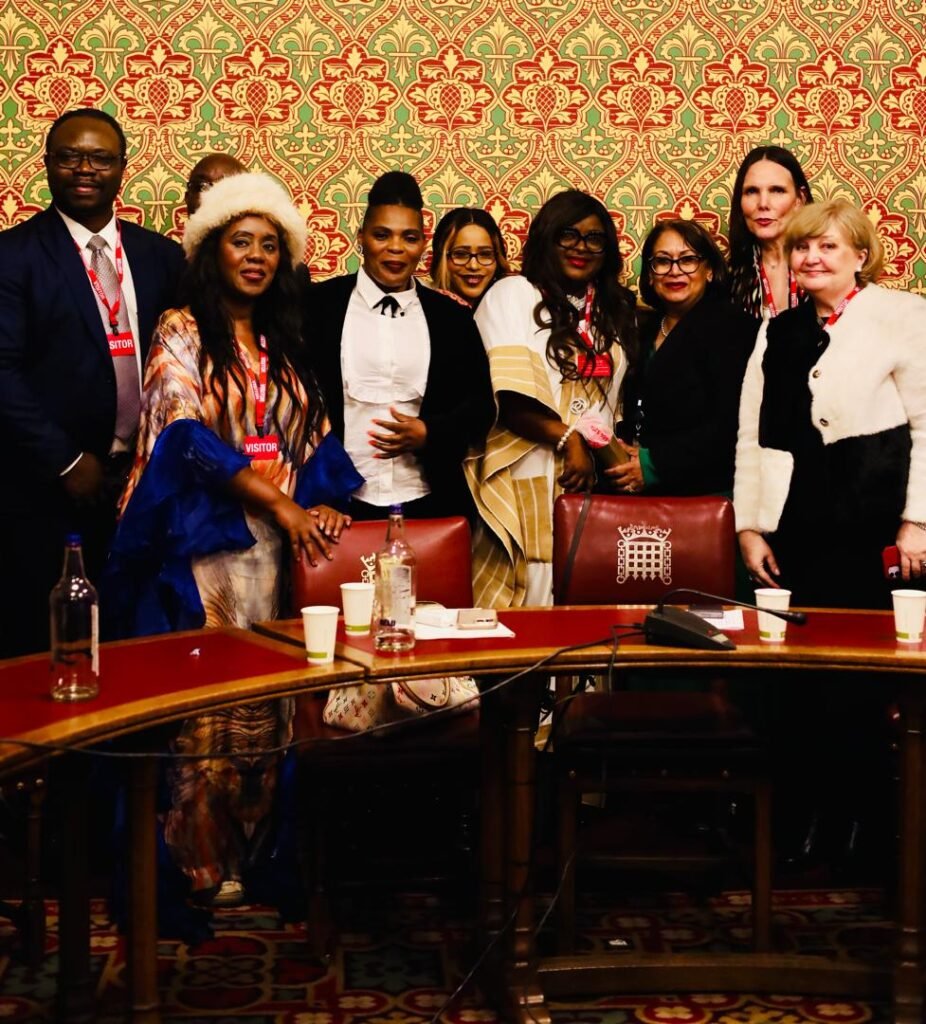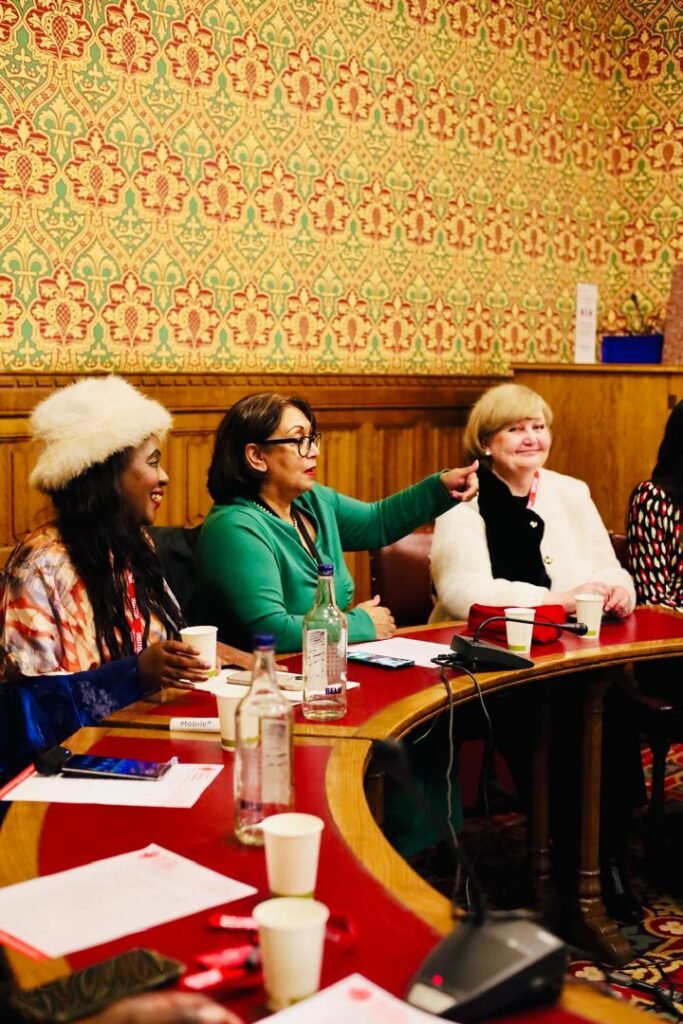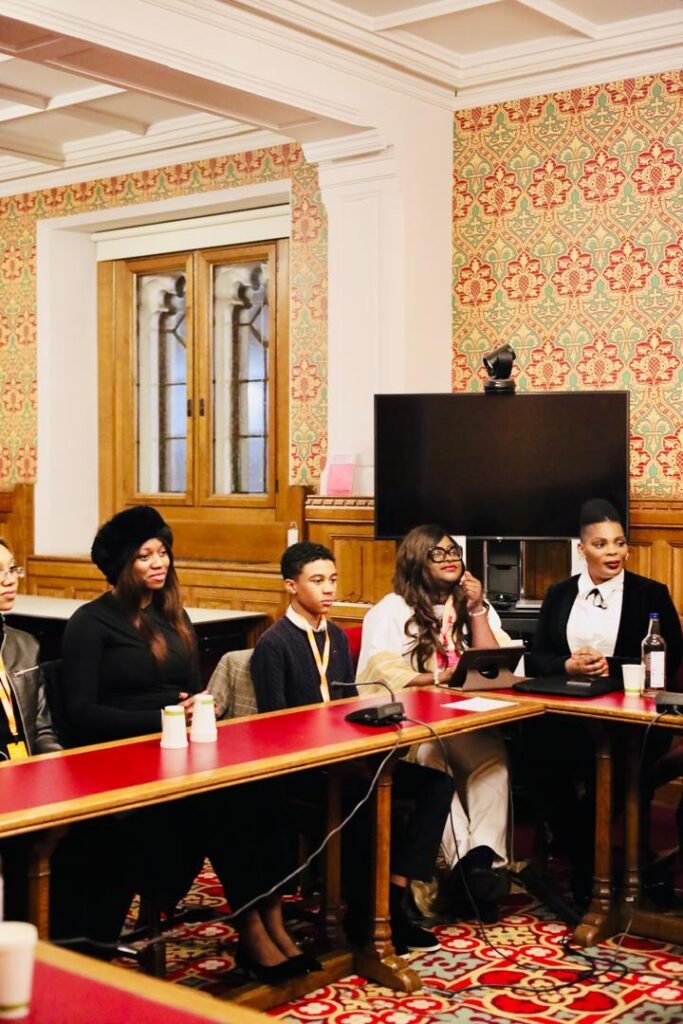News
Revert to Covid 19 safety to curb cholera outbreak-GHS

Professor Samuel Kaba Akoriyea, the Acting Director General, Ghana Health Service (GHS), has urged the public to revert to the COVID-19 safety protocols to curb the cholera outbreak in the country.
He said the hand washing practice, the use of sanitiser and improvement of sanitation conditions would control the spread of the disease, however, the act of Ghanaians giving up on the protocols had led to the outbreak.
Prof. Akoriyea gave the advice when Tobinco Pharmaceutical Limited donated medical consumables to the Ghana Health Service to aid cholera and meningitis treatment.
“It was, thus, important for all to intensify hand washing practices and ensure a clean environment as part of measures to prevent cholera,” he added.
He said: “The most important thing will be cleanliness. We want people to clean their environment, wash their hands before they take any food, and concentrate more on water and sanitation.
“Once we are able to do that, we will be able to reduce the cases dramatically because for almost a year or two during the peak of COVID-19, Ghana did not record any cholera outbreak.”
“So, let’s keep ourselves clean. Let’s keep our environment clean. Let’s wash our hands before we eat,” Prof. Akoriyea added.
He further indicated that the COVID-19 pandemic in Ghana was brought under control due to hand washing and adherence to the safety protocols, hence going back to the measures would help to curb the menace.
Prof. Akoriyea assured the public that the cholera situation, as well the Cerebrospinal Meningitis, were under control, without any cholera deaths being recorded in the past few weeks.
There were a few suspected cases, which had been taken to the laboratory for confirmation, he said, and stressed the need for strict hand washing practices.
Prof. Akoriyea said the COVID-19 pandemic in Ghana was brought under control due to hand washing and other safety protocols, hence an improvement in the protocols would help to curb the menace.
Cholera is an acute diarrheal infection caused by ingesting food or water contaminated with the bacterium Vibrio cholerae.
The World Health Organisation says cholera remains a global threat to public health and serves as an indicator of inequity and a lack of social development.
Symptoms include frequent diarrhea, vomiting, and dehydration, along with abdominal cramps, fever, headache, fatigue, dry mouth and throat, and decreased urine output.
Medical experts warn that cases of the disease can be fatal within hours if left untreated. Most individuals infected with cholera may not exhibit symptoms, but the bacteria can still be present in their faeces for one to 10 days post-infection, potentially contaminating the environment and infecting others.
A minority of patients develop acute watery diarrhea with severe dehydration. This can lead to death if left untreated.
Cholera transmission is closely linked to inadequate access to clean water and sanitation facilities. Typical at-risk areas include peri-urban slums and camps for internally displaced persons. Early detection and treatment are crucial to preventing complications and reducing mortality. –GNA
News
Northern Regional Police arrest three suspects in kidnapping case

The Northern Regional Police Command has arrested three men believed to be part of a kidnapping syndicate responsible for abducting a 42-year-old man in Wapuli, a community in the Yendi District.
The suspects, Haruna Seidu, Amidu Bandi and Osman Bandi allegedly kidnapped the victim and demanded GH¢100,000 from his family for his release.
According to a police statement, officers from the Regional Police Intelligence Directorate were deployed to Wapuli after the incident was reported.
The team conducted surveillance and launched a rescue operation.
On Friday, December 5, 2025, police successfully rescued the victim and arrested the suspects after what was described as an intense exchange of gunfire.
The suspects were later taken into custody and are expected to be arraigned before court.
The Police said the a fourth suspect, who is believed to have sustained gunshot wounds during the operation, is currently on the run.
They urged the public to provide any information that may lead to his arrest.
By: Jacob Aggrey
News
Nana Yaa Serwaa Sarpong advocates Bold educational reforms at the UK House of Lords during Global Education Summit.

On November 27 2025, global development leaders, policymakers, education experts and civil society organisations gathered at the UK Parliament’s House of Lords for the Global Education Summit hosted by The Baroness Verma of Leicester and organised by the African British Business Forum.
The high-level event focused on the global rise in out-of-school children and the urgent reforms required to deliver equitable, quality education for all.
Among the distinguished Speakers was Nana Yaa Serwaa Sarpong, Founder & President of Women in Sustainability Africa (WiSA) and General Manager of the EIB Network, who delivered a compelling address on the theme “Breaking Barriers: Empowering Out-of-School Children Through Education.”
In her remarks, Nana Yaa who is currently celebrating 26years of Service in the Media, emphasized that education must be viewed as essential national infrastructure, not charity.
Borrowing experiences from her 18 years of empowering women and young people, she presented a strong case on how Africa’s poor educational systems tie into the poor state of its Gender Equality gap.
According to her, unlocking access to education is one of the most effective ways to strengthen economies, empower women and young girls, build resilient communities and drive sustainable development.
She highlighted that each child excluded from learning represents deferred innovation, delayed opportunity and a weakened society.
Nana Yaa noted that the barriers keeping millions of children out of school are complex and interconnected—ranging from poverty and cultural norms to geographical isolation and digital exclusion.
Addressing these challenges, she argued, requires solutions that are equally comprehensive and multi-layered.
Nana Yaa stressed that girls remain disproportionately affected, and investing in girls’ education has a transformative impact across several Sustainable Development Goals, including gender equality, poverty reduction, health outcomes and climate resilience.

Nana Yaa advocated for the expansion of flexible, inclusive and community-responsive educational models, such as mobile classrooms for remote and nomadic communities, community learning hubs, after-hours programmes for working children, radio-based instruction for low-tech areas and digital platforms designed to reach learners regardless of connectivity challenges.
She warned that without deliberate action, the digital divide would continue to widen, pushing already vulnerable children further to the margins.
During her presentation, she introduced three major reforms WiSA is seeking Partners for, aimed at reshaping educational access across Africa and beyond.
These are the Digital Bridge for Out-of-School Children (DBOC), the Community Education Stewardship Hubs (CESH) involving local women educators and youth volunteers and the Teen-focused Global Skills Accelerator for Out-of-School Teens (GSA-OT).
She also underscored the need for education systems that support instruction, inclusivity and healing, particularly for children experiencing autism, trauma, displacement or conflict.
Nana Yaa emphasised that emotional and psychological support must be integrated into educational frameworks in order to restore confidence, stability and long-term learning capacity.
The summit concluded with strong commitments from stakeholders to adopt sustainable financing models, strengthen data-driven policies and expand cross-sector partnerships.
The African British Business Forum reaffirmed its commitment to championing innovative, scalable solutions to educational inclusion across the UK, Africa and the wider global community.






